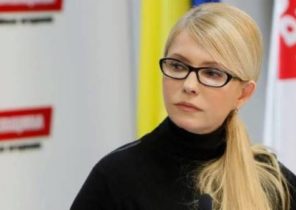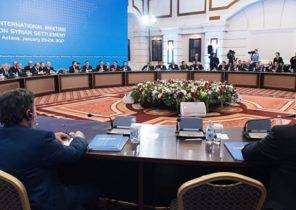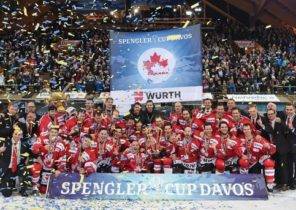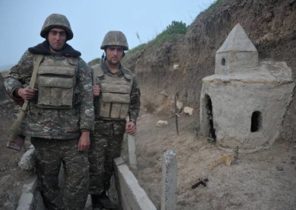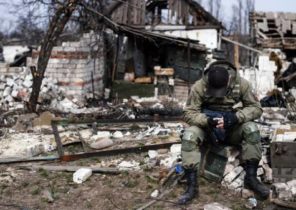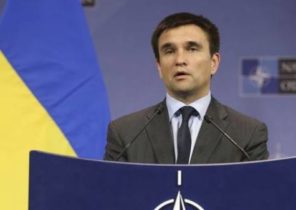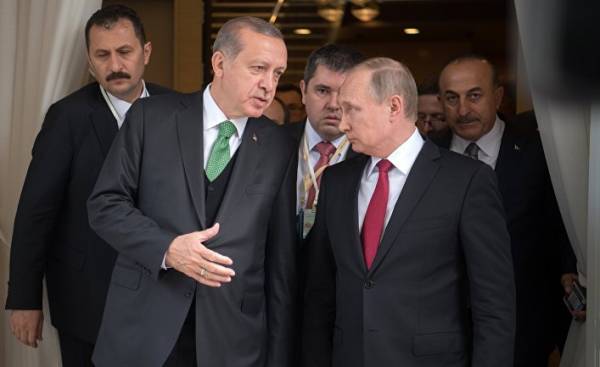
The Russian plan, which was announced on the eve of Erdogan’s visit to Sochi during the telephone conversation of the Russian President with his American counterpart Donald trump, provides for the formation of the four security zones in rebel-held territory (Idlib, HOMS, quarter Huta in Damascus and the region in the South of the country).
They will be separated from the rest of the country by roadblocks, and security together will take on the Syrian army and rebel forces. In addition, under the control of the Assad regime there needs to be deployed observers from Turkey, Iran and Russia, the three States that were guarantors of the agreement. International observers of the question.
The plan is as a logical extension signed in December 2016 of the ceasefire agreement, the rebels and Damascus. In the future there is the creation of no-fly zones, that does not mean the termination of the fight against “terrorist organizations”, which will continue throughout the country, said Vladimir Putin. “In the end, this political process should lead to the full restoration of the territorial integrity of the country,” he said. “I hope that the consultancy work and adopted our solution will benefit our countries, the region and the entire humanity,” said Erdogan.
Tactics empty chair
According to the Turkish newspaper Hürriyet, Russia could not invite Turkey to send observers to control the ceasefire, because she did the same at the border of Afrin, where Russian troops and soldiers of the regime of Bashar al-Assad jointly patrol the area the Turkish-Syrian border (the population of this region are supporting Damascus, the Kurds).
Anyway, the Syrian rebels are not in a hurry to support the Russian plan, which was accepted by Turkey, their main ally. The representatives of the Syrian national coalition (Assad’s opponents) had started on may 3 in Astana, the new round of negotiations, but left the table after the announcement of the plan, requiring the bombings.
Thrown by the Turkish allies of the Syrian opposition, which has repeatedly applied the Astana tactics empty chair could still change their mind on the second day of talks on Thursday, as hope in Ankara.
On Monday, its representatives could talk with US Deputy Secretary of state for the Middle East Stuart Jones (Stuart Jones), who went to Astana after a telephone conversation between Vladimir Putin and Donald trump. Initially invited were only the American Ambassador to Kazakhstan, George Krol (Krol George). “As I understand it, the us administration supports these ideas,” Putin said.
He needs to keep Turkey under supervision amid mounting tensions between the Turkish army and the units of the Syrian Kurds, who do not provoke nothing but hostility from Ankara, but have the support of Washington, Moscow and Damascus. On Friday the Turkish military announced that it has responded to the rocket fire Outpost in the border Ceylanpinar artillery strike on the headquarters of the Kurds, which killed 11 militants.
The Kurds are increasingly attacking the Turkish army since then as that inflicted massive strikes on their positions on April 25. This, incidentally, had does not like Americans, special forces which were located just 8 kilometers from the fired zone. According to scientists, the operation was designed to put pressure on Washington ahead of may 16 and 17 meetings of Recep Tayyip Erdogan and Donald trump in Washington.
Anyway, this is hardly something given, because, despite persistent calls to distance themselves from the Kurdish militia, Moscow and Washington continue to support him and consider him the most effective force in the fight against jihadists of the “Islamic state” (banned in Russia as a terrorist organization — approx.ed.).
Apparently, isolation of erdoğan in the international arena is growing, that did not stop him on Monday to praise the “special status” of the Russian-Turkish relations. Trade relations of the two neighbors on the Black sea has still not recovered after the fight in November 2015, when the Turkish fighter jet shot down a Russian bomber in the South of Turkey. Moscow lifted the embargo on the Turkish bow, but it did not touch the tomatoes, and Ankara no longer buys Russian wheat. With regard to the possible supply of Turkey — the country-member of NATO missile systems s-400, expect for it to still not worth it, despite all the talk.

